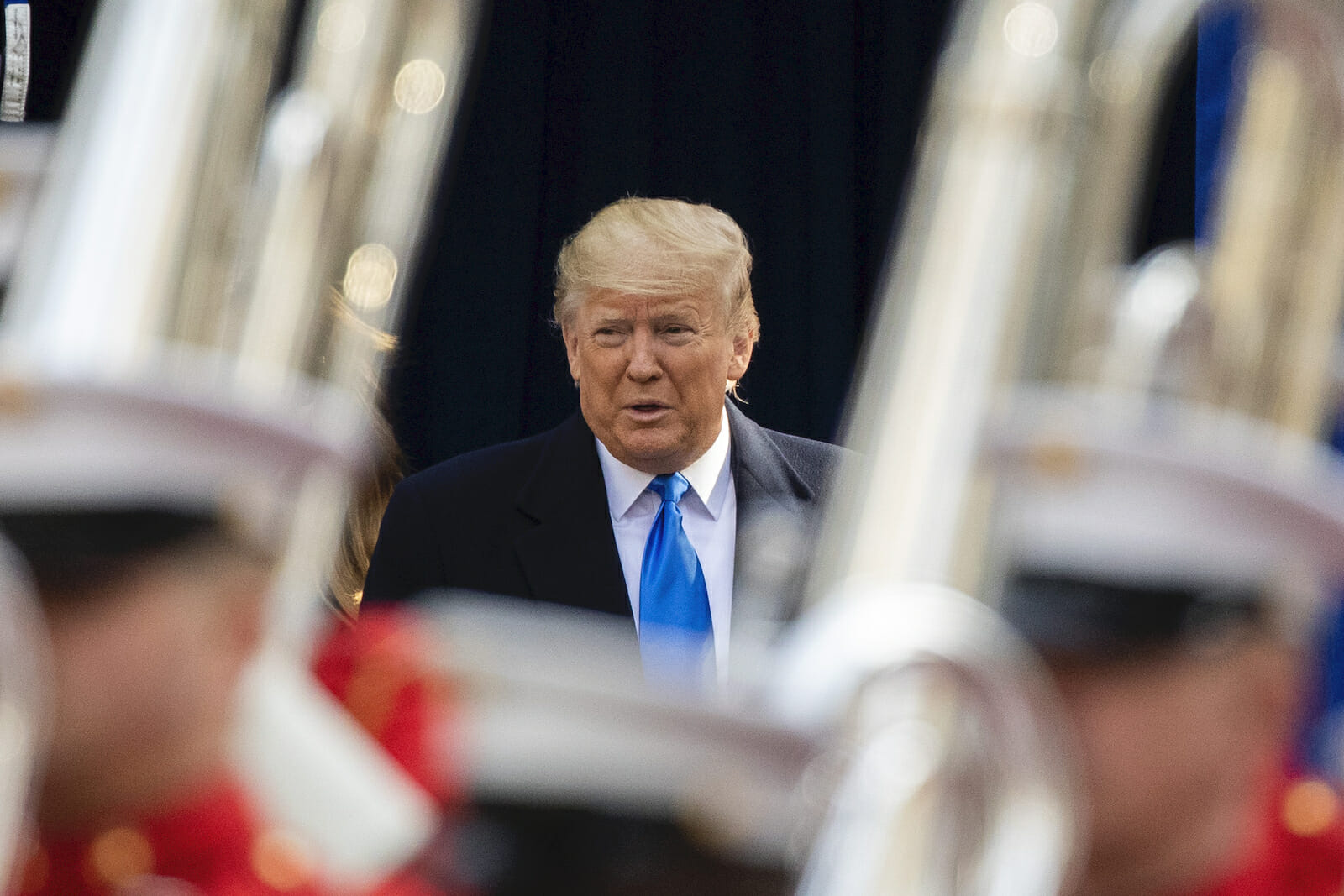
Possessions vs. Principle: The Fundamental Flaws in the Iran Deal
Criticism of President Donald Trump’s withdrawal from the Joint Comprehensive Plan of Action (JCPOA, commonly known as the “Iran Deal”) on 8 May 2018 hinges on two primary arguments. First, it claims that the deal cuts off all of Iran’s pathways to a nuclear weapon. Second, it asserts that remaining in the agreement will be a critical step toward bringing Iran back into the “community of nations.”
Such contentions do not hold up under scrutiny. In fact, both of these arguments are fatally flawed.
Critics cite the International Atomic Energy Agency’s (IAEA) recent confirmation that Iran is enriching uranium at its underground Fordow nuclear site, implying that such enrichment would never have been possible under the JCPOA. In reality, the deal includes various loopholes that allow Iran to cheat the entire time.
To begin with, there are no “anytime, anywhere” inspections. If the IAEA suspects cheating, it gives Iran up to 24 days’ notice. If Iran objects, the issue goes before it and the P5+1 nations, and four of these must vote for sanctions to be re-imposed. Moreover, the U.S. is prohibited from ever sending its own inspectors. Lastly, the deal does not guarantee access to military sites, therefore allowing Tehran to establish or move nuclear facilities to whatever area it wishes and label those areas “military.”
Skepticism is not limited to American policymakers. In May 2015, French Foreign Minister Laurent Fabius said that France would not accept a deal if it were not clear that inspections could be done at all Iranian installations, including military sites.
In a speech at American University in August of the same year, President Barack Obama assured listeners that “There will be 24/7 monitoring of Iran’s key nuclear facilities” and that “The bottom line is, if Iran cheats, we can catch them, and we will.” Based upon the previously noted means by which Iran is able to circumvent the deal, there is no substance to support either of these claims.
I posed these concerns to former State Department spokesperson and current Fox News contributor Marie Harf in March 2018. She responded, in part:
“If you just look at the nuclear issue…[Iran] cannot enrich uranium to weapons-grade…There are hundreds of international inspectors crawling over every part of the nuclear program…So I would defend the deal on its merits.”
The veracity of these statements is of no consequence. The (unanswered) question is how the United States and other signatories are able to ensure that Iran cannot develop a nuclear weapon based upon all of the aforementioned flaws in the JCPOA.
To complicate matters further, the deal does nothing to deter Iran’s dogged development of ballistic missiles, which constitute a perfect delivery vehicle for a nuke. Tehran continues to disregard UN Security Council Resolution 2231, which bars test launches of nuclear-capable missiles. Such chutzpah preceded America’s withdrawal from the agreement. By March 2018, Iran had increased its missile production three-fold, with senior Iranian officials informing current French Foreign Minister Jean-Yves Le Drian that their country’s ballistic missile program was not up for negotiation.
Why would Iranian leadership so brazenly flaunt this UN resolution by continuing to test ballistic missiles when its nuclear program is allegedly for peaceful purposes?
Perhaps the better question is this: why do Obama, former Secretary of State John Kerry, and so many supporters of the JCPOA believe that removing sanctions and providing no means to ensure cooperation will prompt Iran to “moderate” and be brought back into the “community of nations”?
The common view among those sympathetic to the Iranian regime is that any evil in the world can be attributed to material want. Given the overall difference in the quality of life between the West and the Middle East, the mindset is that any animosity demonstrated by Iran toward the U.S. and Europe can be assuaged through monetary provisions over a period of time; Obama himself contended that the nuclear deal may lead to a more moderate Iran. As a result, many of the JCPOA’s nuclear provisions have expiration dates; after 10 years, centrifuge restrictions will be lifted, and after 15 years, so too will limits on the low-enriched uranium that Iran can possess.
For many who oppose the agreement, it is due, in part, to understanding that human beings are not generally motivated by possessions. On the contrary, they are motivated by principle. People are motivated by what they believe will give their lives a telos – an ultimate object or aim for which they were created. Under the ayatollahs’ concept of policy, the dispute with the West is not a matter of specific technical concessions or negotiating formulas – it is a contest over the very nature of world order. Those who insist that Iran will moderate would be wise to remember the words of Ayatollah Ali Khamenei in a speech to Iran’s Guardian Council in 2013:
“When a wrestler is wrestling with an opponent and in places shows flexibility for technical reasons, let him not forget who his opponent is.”
In order to create an effective foreign policy, it is imperative to understand the histories and values that guide political entities across the globe. This is particularly the case when conducting diplomacy with great and regional powers whose conceptions of world order are sharply at odds with those of the West. Without such discernment, it will be impossible to negotiate agreements that contribute to America’s national interest along with the global balance of power. In the case of Iran, any concessions must be based on a fundamental shift in that country’s perception of international statecraft. For this to be so, Iran must decide whether it is a country or a cause.

